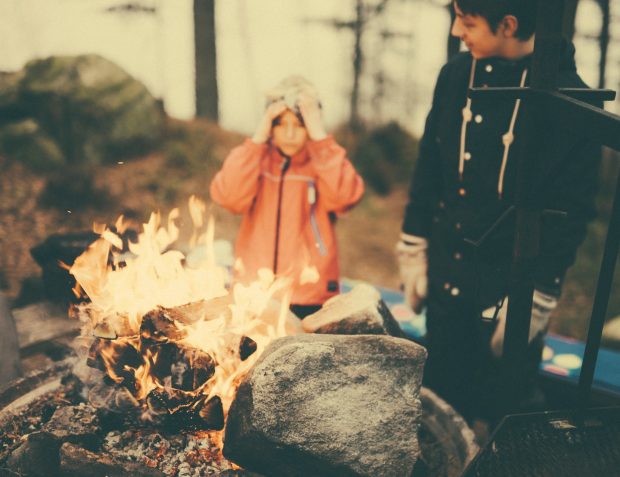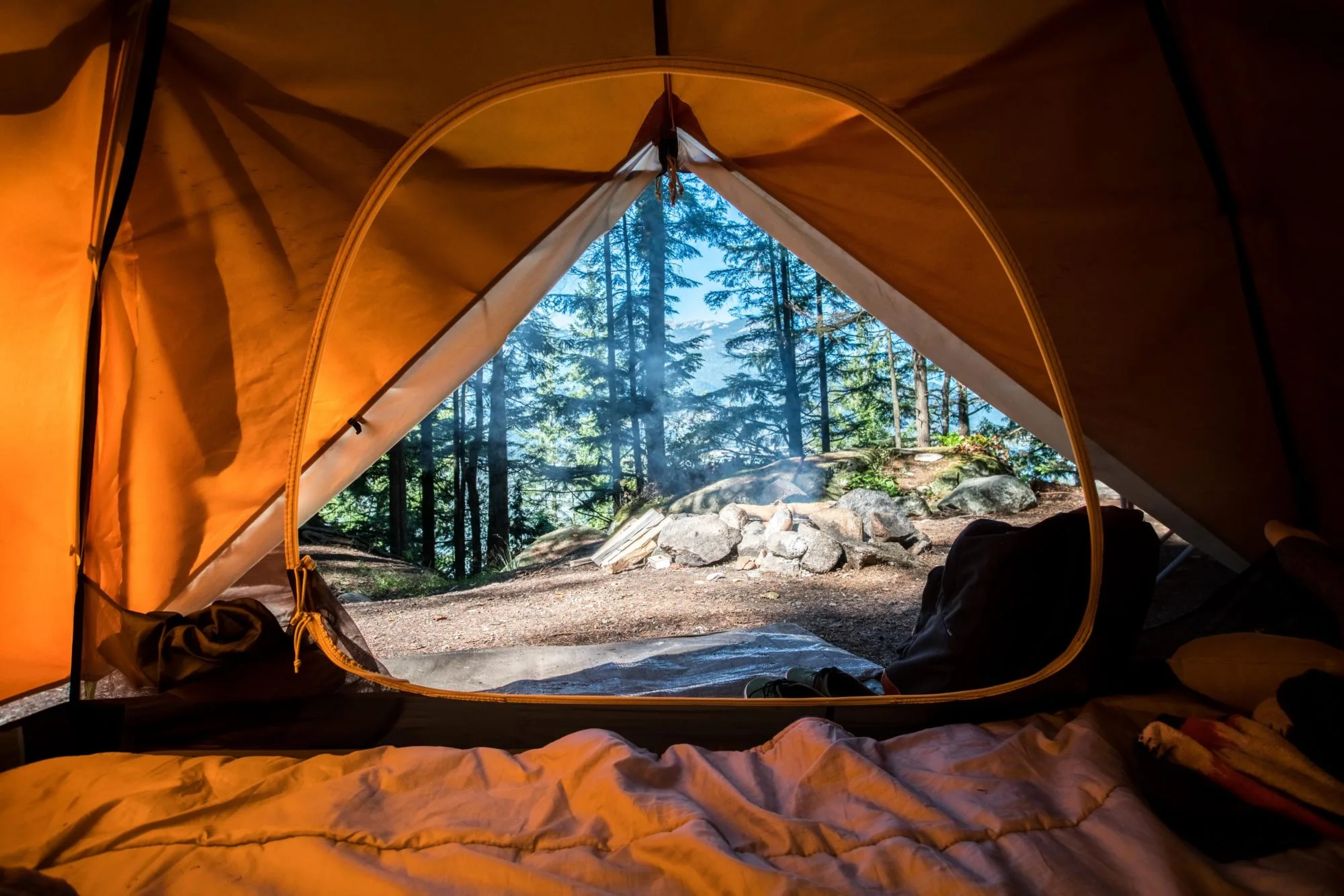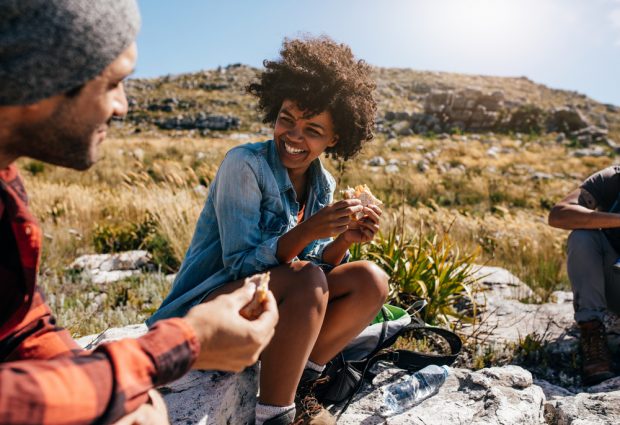The “leave no trace” principle is a set of guidelines for minimizing the impact on the environment when participating in outdoor activities, such as camping. People should be looking for ways to minimize their carbon footprint, and even camping should come into play for that to happen.
The entire idea of camping is to get out into nature, so it makes sense that we would want to leave things the way we found them. In fact, we should try to leave things better than how we found them when we pack up to leave the campsite. In this article, we will go over some of the ways that we can practice sustainable camping and still have a lot of fun.

Photo by 🇸🇮 Janko Ferlič on Unsplash
Use a low-impact campsite
Whatever way you choose to camp, whether it is using an RV, rooftop tents, or a full-size safari tent, choose a campsite that is already established to minimize the impact on the environment. This way you can avoid disturbing vegetation or disturbing the natural landscape.
It is very tempting to get off the beaten path and find an unspoiled area to camp. This is not a great idea since you could end up doing damage to a sensitive or fragile system in that area. If you pick a well-defined campsite that is already in use, then this is a sign that you won’t be treading on any nature that can’t handle any human presence.
Leave no trace
The idea of camping is to do no harm to nature, but be a part of it for the time that you are immersed in it. Try to make sure that you research the area you will be visiting and know the regulations and guidelines for the area. Pack all the necessary gear and supplies in advance, so you don’t have to rely on natural resources.
Waste is going to be your biggest concern when camping if you wish to leave no trace. Pack out all trash, including food scraps and packaging. Look for any trash that was there when you arrived and pack that away with the rest of your waste.
Cooking food is going to be necessary, but try to avoid making a campfire no matter how romantic the notion is. Use a camp stove instead of building a fire, or choose a campsite that has an established fire ring. If you do build a fire, use only small amounts of wood and make sure the fire is completely extinguished before leaving. You should also cover the fire pit with dirt to hide it and prevent a forest fire.
 Use biodegradable products
Use biodegradable products
Bring biodegradable products with you, such as soap, toothpaste, and food waste bags. These products will break down more easily in the environment, reducing the impact on the natural surroundings. Non-biodegradable products, such as plastic and synthetic materials, can take hundreds of years to break down and can pollute the environment. This is especially important in areas where there is limited infrastructure for waste management, such as when camping in a wilderness area.



 Use biodegradable products
Use biodegradable products

![women [longevity live]](https://longevitylive.com/wp-content/uploads/2020/01/photo-of-women-walking-down-the-street-1116984-100x100.jpg)









